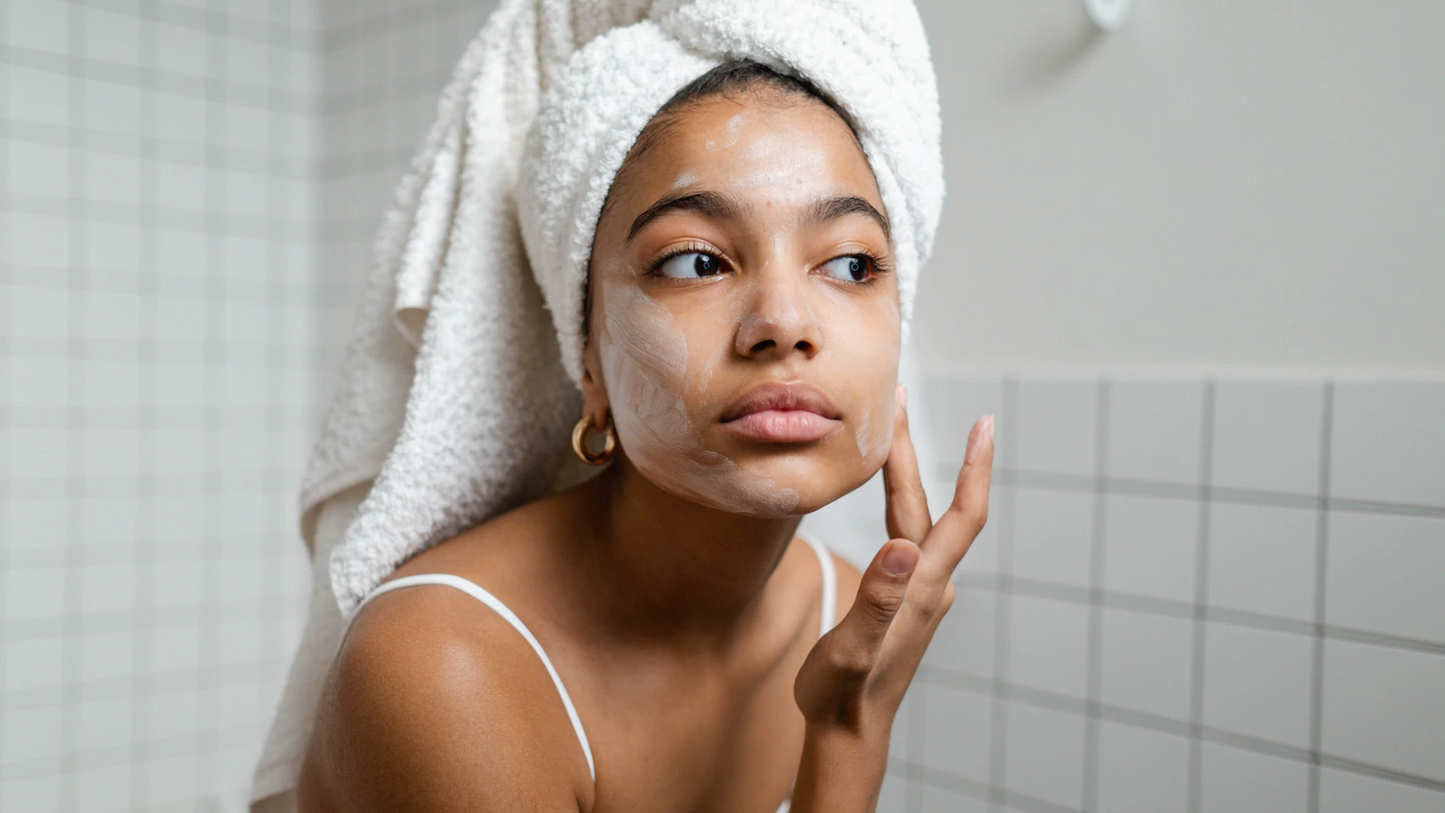
In 2022, the skincare and haircare industry is valued at over $200 billion with tens of thousands of brands on the market. Fighting for the sharpest competitive edge for the consumer, skincare and haircare brands are offering lower prices, vibrant branding and promises of shocking results - but what about the actual formulations of the product?
Most skin products contain anywhere from 80 to 95% water, while haircare can contain as much as 95 to 97% water. Not only does the large amount of water decrease the potency, thus the effectiveness, of products, but it also harms the environment in a major way. A recent study from the UN shows that around 700 million people in 43 countries suffer today from water scarcity and the increase of using water as a main ingredient in beauty products has a large effect on the world’s water supply.
This high percentage of water in skincare and haircare products allows brands to offer a lower price point as water is a cheap filler in products, decreasing the amount of the more expensive active ingredients and increasing the amount of preservatives in products. According to skincare experts, the more water that products contain, the more preservatives they may have to use to keep bacterial growth at bay, as water attracts bacteria.
The lack of awareness of the water-filled products on the market has resulted in pioneers of the beauty industry to change the status quo. Clean beauty brand Luna Nectar has a large focus of reducing their water footprint, with 8 of their 11 hair and skincare product formulations are waterless and they are also launching 4 new products this year with their innovative waterless format.
“By 2025, it is estimated that two-thirds of the globe could be experiencing water stress and water scarcity. That’s why it was important to us to reduce water consumption with our products,” says Luna Nectar founder, Mia Fiona Kut.
The normalcy of a high percentage of water in beauty products has increased the rise of greenwashing in the clean beauty industry. Many clean beauty brands that claim to not harm the environment have products with a large amount of water, which in turn have a large negative effect on the planet.
“Over our years in the beauty industry, we’ve seen the pendulum swing from chemical-based beauty, to heavy greenwashing in clean beauty. Buzzwords like ‘sustainable’, ‘biodegradable’, and ‘vegan’ and ‘natural’ are interchangeably used and being thrown around, with tons of fear mongering,” says Mia.
With the consumer becoming increasingly more informed, transparency is more important than ever with ingredients, packaging and sourcing. For example, Luna Nectar has launched world maps for every product to convey where the ingredients are sourced from, as well as manufacturing to increase transparency for customers.

If you’re ready to eliminate water-filled products from your beauty routine, shop our top picks here.
← Older post Newer post →
